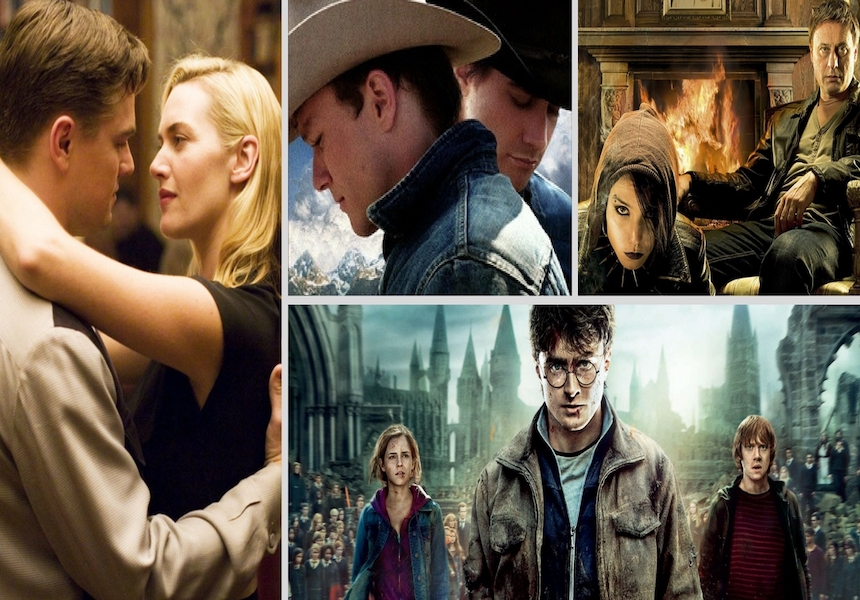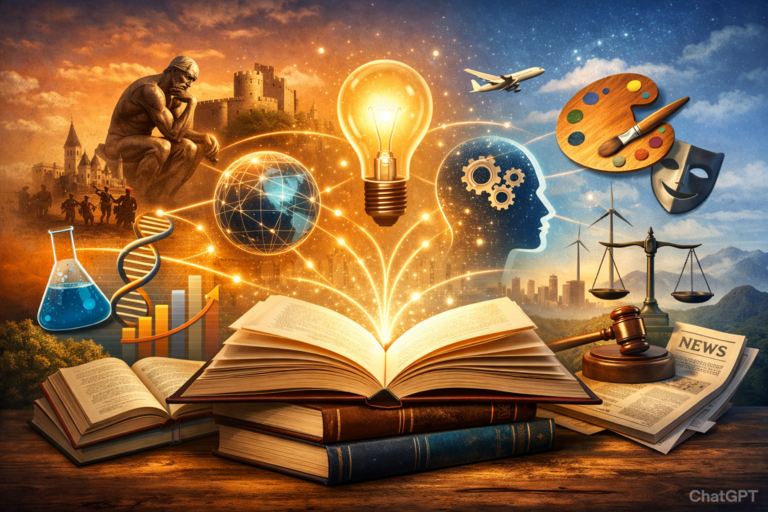10 of the Best Book-Movie Adaptations Ever Made
The adaptation is the ultimate high-wire act in Hollywood. And the unfortunate battle between "which is better, the movie or the book?" has resulted from adapting everything from classic literature to modern pop hits.
However, we believe that enjoying both the source material and the adaptation is worthwhile because they tend to complement (rather than detract from) each other. Here are ten worthy adaptations for viewers and readers who like their stories to work both ways.
The novel To Kill a Mockingbird (1962)
The 1962 adaptation of Harper Lee's classic, Pulitzer Prize-winning novel focuses on the book's deft character work. By bringing Toby Finch, Scout, and Boo Radley to life and adhering to the novel's slow-burn plot structure, the film transforms the novel's two strongest elements into a film that we still can't get enough of.
Emma and Emma (2020)
We should be sick of seeing Emma on screen after all the thousands (we exaggerate) adaptations of Jane Austen's novel, but 2020's entry, starring Anya Taylor-Joy and directed by Autumn de Wilde, is as delightful as it is familiar. The adaptation has a modern feel to it, which makes Austen's original sharp social satire a little less pronounced, but the story becomes all the funnier and more frivolous as a result.
And, everything remains as charmingly chaotic as the source material intended. Taylor-interpretation's Joy of Emma distinguishes the film, as she somehow manages to make the titular character even more uncomfortably unlikable at times. Emma couldn't have chosen a better match.
Room and Room (2015)
To tell a truly tense story, the 2010 captivity novel didn't require all of the magic of filmmaking. Anyone who has read the book knows the feeling of racing through the pages, equally excited and terrified. Five years later, when the film adaptation was released, that breathless unease was still present, forcing moviegoers to the edge of their seats. Both the book and the film (adapted by author
Both the book and the film (adapted by author Emma Donoghue) are as unsettling as they are heartbreaking, drawing the reader or viewer into the story's dark, cramped space as suffocating as Room itself, before releasing them into a bright, hopeful, open place — dazed but still slightly on guard.
The Godfather's title (1972, 1974)
The novel by Mario Puzo is an engrossing, dark thriller that fascinates, horrifies, and entertains. The first two films adapted from the novel by Francis Ford Coppola elevate the sordid story into operatic triumphs that some consider two of the best films ever made. Both films received Academy Award nominations for Best Picture (Part II was the first sequel to do so) and Best Adapted Screenplay.
Little Women (2019)
Despite her surprising lack of Oscar nominations this year, Greta Gerwig did something extraordinary with her adaptation of Louisa May Alcott's classic novel (spoilers!). Gerwig gives the story a simple twist by imagining Jo as the author of the novel Little Women. This changes the story into one about creative passion and achievement, making a classic feel new without betraying its essential nature.
One Flew Over the Cuckoo's Nest (1975)
Author Ken Kesey is said to have disliked the 1975 film adaptation of his 1962 novel, putting him in the minority: One Flew Over the Cuckoo's Nest is only the second film in history to win the "Big Five" Oscars (Best Picture, Director, Actor, Actress, and Screenplay) and is considered a timeless classic. The film is dominated by Jack Nicholson's rambunctious McMurphy, who attempts to lead the inmates of a mental hospital in rebellion against the tyrannical Nurse Ratched (Louise Fletcher).
The book is an entirely different experience, narrated by the ostensibly deaf and mute "Chief" Bromden and colored by Kesey's work at a mental institution (and his experiences with psychedelic drugs). Both are worth your time, and both will haunt you long after finishing them.
The Color Purple (1985)
Steven Spielberg created an outstanding adaptation of Alice Walker's novel that is extremely faithful to the novel in terms of plot and character. This is a true accomplishment because Spielberg relies on his actors to convey much of the emotional content through their performances, whereas the novel allows us to see Celie's inner thoughts and feelings. The cast's outstanding performances make this film a must-see.
I, Tina and What's Love Got to Do With It (1993)
Let's get one thing straight: Tina Turner does not like What's Love Got to Do With It, the film adaptation of her autobiography I, Tina. However, ignoring Angela Bassett and Laurence Fishburne's performances is to miss out on some of the most taut energy ever captured on screen, as well as a role that earned Bassett an Academy Award nomination for Best Actress.
Readers and viewers get a sense of how much story building goes into the myth of rock royalty's biggest stars from the film and Turner's book (her follow-up Tina Turner: My Love Story is also worth a look). — Sprague, Sarah
The Wizard of Oz (1939)
The 1939 Wizard of Oz adaptation, while relatively faithful to the source material, remains a powerful part of our collective cinematic consciousness because of how it brings L. Frank Baum's imagination to life. It's easy to forget how amazing this film appeared to audiences at the time. The film is drenched in color, with visual treats tucked into every inch of every frame; you can watch it a dozen times and still notice new flourishes. This rich visual approach perfectly captures the novel's light, delightful tone.
The Remains of the Day (1993)
Kazuo Ishiguro's novel is a lovely character study told through the eyes of English butler Stevens. While James Ivory's adaptation adheres to the basic structure, it also takes a step back. The novel is firmly rooted in Stevens' point of view, whereas the film gives equal time to each character, resulting in a more comprehensive view of Stevens' world.
The film's ending is arguably more subtly tragic and less hopeful than the novel's, but it fits with Ivory's restrained, almost chilly atmosphere.






